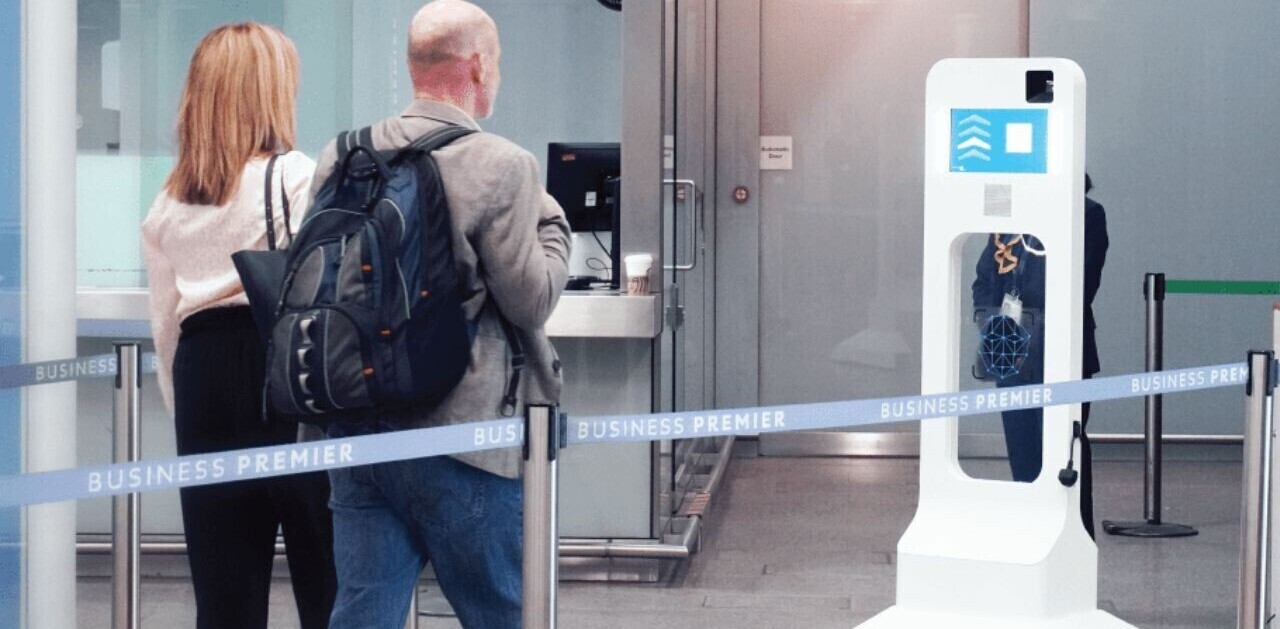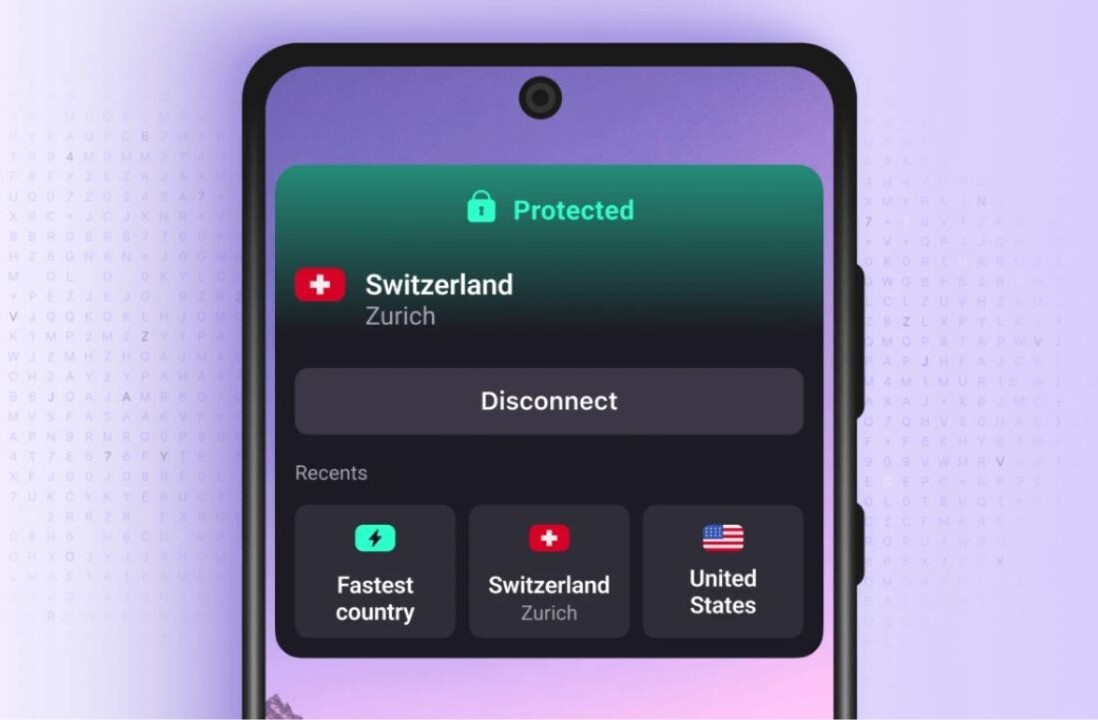
Even with the best idea in the world, if you’re trying to do too much or you haven’t gotten user feedback before you build, your app is likely to fail.
To help you avoid crashing and burning before you even launch, I asked 13 entrepreneurs from YEC the following question:
What is the most common reason apps fail in the development stage, and how can you prevent it?
Their best answers are below:
1. Your MVP is too minimum
 It’s important to get product-market fit quickly with the simplest, yet most effective, app solution possible. However, I have seen many teams also take the MVP (Minimum Viable Product) methodology too seriously, to the point where they cut out must-have features that customers would want before even using it. The result is going to market with a half-baked solution. – Andy Karuza, FenSens
It’s important to get product-market fit quickly with the simplest, yet most effective, app solution possible. However, I have seen many teams also take the MVP (Minimum Viable Product) methodology too seriously, to the point where they cut out must-have features that customers would want before even using it. The result is going to market with a half-baked solution. – Andy Karuza, FenSens
2. You have poorly defined requirements
 The success of your app is more dependent on the pre-production stage than the actual coding process. App development fails because the scope and product requirements are not flushed out in detail. Avoid this by investing the time upfront to write out every user experience, process and requirement of your app before you start. Have your engineer, designer and product manager sign off. – Andrew Thomas, SkyBell Doorbell
The success of your app is more dependent on the pre-production stage than the actual coding process. App development fails because the scope and product requirements are not flushed out in detail. Avoid this by investing the time upfront to write out every user experience, process and requirement of your app before you start. Have your engineer, designer and product manager sign off. – Andrew Thomas, SkyBell Doorbell
3. You’re not getting user feedback
 You need beta testers, as many as you can find, to help you work out all of the bugs in your app before you’re ready to roll it out. While this is true for a lot of technology, there is also a fine line between testing paralysis and rolling out too quickly. You need to strike a balance between enough testing and getting your app to market quickly. – Nicole Munoz, Start Ranking Now
You need beta testers, as many as you can find, to help you work out all of the bugs in your app before you’re ready to roll it out. While this is true for a lot of technology, there is also a fine line between testing paralysis and rolling out too quickly. You need to strike a balance between enough testing and getting your app to market quickly. – Nicole Munoz, Start Ranking Now
4. Your app is too complex
 New developers tend to try to do too much with the app. When I see successes in the market it is generally point solutions. Always better to do one single thing very well than many things in a mediocre or worse fashion. The costs of developing an app is always far greater than anticipated. My advice would be, start small and look for early signs of traction and adoption and then scale accordingly. – Charles Moscoe, SkinCare.net
New developers tend to try to do too much with the app. When I see successes in the market it is generally point solutions. Always better to do one single thing very well than many things in a mediocre or worse fashion. The costs of developing an app is always far greater than anticipated. My advice would be, start small and look for early signs of traction and adoption and then scale accordingly. – Charles Moscoe, SkinCare.net
5. You have feature bloat
 Feature bloat is all too common. You have the idea for an elegant solution to a known problem, but everyone you talk to suggests adding one more feature. To try and close a sale you comply, and before you know it, you have a very inelegant solution that partially solves a bunch of problems but not very well. Focus on doing one thing right and evaluate adding things later. – Douglas Hutchings, Picasolar
Feature bloat is all too common. You have the idea for an elegant solution to a known problem, but everyone you talk to suggests adding one more feature. To try and close a sale you comply, and before you know it, you have a very inelegant solution that partially solves a bunch of problems but not very well. Focus on doing one thing right and evaluate adding things later. – Douglas Hutchings, Picasolar
6. You’re over-engineering
 Simplicity is key. So many apps out there start with a simple idea of solving a problem. After they start developing, they add a widget here, a widget there, and before you know it, your app is unrecognizable. Keep it simple and that will resonate with your audience. –Erik Groset, Fantasy Sports Co.
Simplicity is key. So many apps out there start with a simple idea of solving a problem. After they start developing, they add a widget here, a widget there, and before you know it, your app is unrecognizable. Keep it simple and that will resonate with your audience. –Erik Groset, Fantasy Sports Co.
7. You have unrealistic goals
 Enterprise development projects are often under pressure to create goals, schedules and budgets that aren’t realistic. We’re all prone tothe planning fallacy, and company politics and unrealistic expectations can lead to projects failing before they get anywhere near a user. I advise companies to think long and hard about the true scope of their project before committing resources. – Vik Patel, Future Hosting
Enterprise development projects are often under pressure to create goals, schedules and budgets that aren’t realistic. We’re all prone tothe planning fallacy, and company politics and unrealistic expectations can lead to projects failing before they get anywhere near a user. I advise companies to think long and hard about the true scope of their project before committing resources. – Vik Patel, Future Hosting
8. You haven’t tested the waters
 While you’re developing your app you should already be testing the waters and checking how much your app is being used amongst your employees, friends and family. Before we launched to the world, we already started spreading it amongst close friends and employees to see how they related to it. When the app spread like wildfire and folks couldn’t stop using it, we knew we had a hit on our hands. – Ayelet Noff, Blonde 2.0
While you’re developing your app you should already be testing the waters and checking how much your app is being used amongst your employees, friends and family. Before we launched to the world, we already started spreading it amongst close friends and employees to see how they related to it. When the app spread like wildfire and folks couldn’t stop using it, we knew we had a hit on our hands. – Ayelet Noff, Blonde 2.0
9. You’re resistant to change and redirection
 Software developers will always run into roadblocks when building an application. However, they need to be open to exploring new paths that may quickly lead to faster results. By using agile methodologies, application developers must be open to change and redirection, both forced and intentional in order to achieve success in the development stage. – Anthony Pezzotti, Knowzo.com
Software developers will always run into roadblocks when building an application. However, they need to be open to exploring new paths that may quickly lead to faster results. By using agile methodologies, application developers must be open to change and redirection, both forced and intentional in order to achieve success in the development stage. – Anthony Pezzotti, Knowzo.com
10. You have poor APIs
 In building apps we’ve seen many issues, but the one issue that more regularly causes problems is a poor API. It’s crucial that backend services are well engineered and designed to provide apps with fast and efficient mobile data. Companies building apps should make sure they are taking the backend as seriously as the front-end. A fantastic API allows the mobile experience to shine. –Gregory Raiz, Raizlabs
In building apps we’ve seen many issues, but the one issue that more regularly causes problems is a poor API. It’s crucial that backend services are well engineered and designed to provide apps with fast and efficient mobile data. Companies building apps should make sure they are taking the backend as seriously as the front-end. A fantastic API allows the mobile experience to shine. –Gregory Raiz, Raizlabs
11. You haven’t asked “Why?”
 I taught an entrepreneurship class and asked the students what was the business idea they wanted to pursue. The majority said they wanted to create an app. However, an app is a form of delivery, not an idea. You need to first determine what service/product there is a need for and then assess if an app is the best delivery method. Most people put the cart before the horse, which results in failure. – Carly Fink, Provoke Insights
I taught an entrepreneurship class and asked the students what was the business idea they wanted to pursue. The majority said they wanted to create an app. However, an app is a form of delivery, not an idea. You need to first determine what service/product there is a need for and then assess if an app is the best delivery method. Most people put the cart before the horse, which results in failure. – Carly Fink, Provoke Insights
12. Your app is poorly designed
 When properly designing a product you should communicate early and often with your developers. This keeps the project in scope and on your timeline. It can also weed out any potential blockers early enough to design around. Once expectations are level, design should be at the forefront of your strategy as it will decide how much development work is required to bring the product to market. –Kevin Yamazaki, Sidebench Studios
When properly designing a product you should communicate early and often with your developers. This keeps the project in scope and on your timeline. It can also weed out any potential blockers early enough to design around. Once expectations are level, design should be at the forefront of your strategy as it will decide how much development work is required to bring the product to market. –Kevin Yamazaki, Sidebench Studios
13. Your app missed on branding and aesthetics
 Apps will fail because the company hasn’t developed consistency with the brand messaging, tonal guides, and overall brand feel. Branding and aesthetics are everything. Another reason they will often fail early is that they will wait until after launch to fix the potential bugs that they didn’t catch during beta testing. – Bryanne Lawless, BLND Public Relations
Apps will fail because the company hasn’t developed consistency with the brand messaging, tonal guides, and overall brand feel. Branding and aesthetics are everything. Another reason they will often fail early is that they will wait until after launch to fix the potential bugs that they didn’t catch during beta testing. – Bryanne Lawless, BLND Public Relations
Get the TNW newsletter
Get the most important tech news in your inbox each week.




